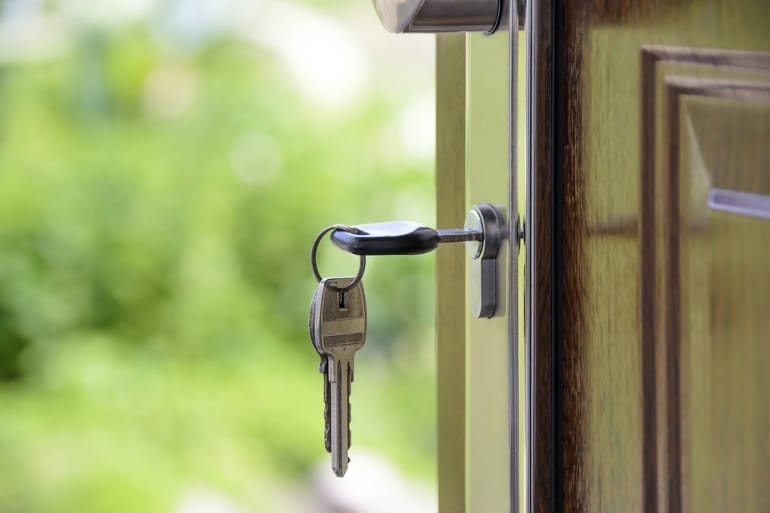Mortgage lenders traditionally are fond of stability and familiarity, and the more stable and familiar the circumstances of a particular borrower and a particular house they want to buy, the less risky they feel and the more likely they will be accepted for a particular mortgage product.
This means that for people who are looking for non-standard properties, such as apartments and elaborate conversions, or people who are contract workers or self-employed, getting a mortgage that enables them to get onto the property ladder can be quite tricky.
Many people have asked why are self employed mortgage applications, especially given that 4.2m people in the UK are self-employed, which means their primary source of income is from a business they own at least 25 per cent of.
There are several reasons, and by taking these into account and making preparations in advance, you can reduce the barriers to entry between you and the home of your dreams.
Lack Of Proof Of Employment
The biggest concern for lenders that stops them from approving self-employed mortgages at the same rate they approve other types of mortgages is based around stability or a lack of it.
Self-employment and contract work is seen as less stable and less of a sign of future earnings than full employment, even though 3.5 in every 1000 employees were made redundant between August and October 2021 and losing that secure source of income.
Despite this, lenders see one as more consistent than the other, but a similar level of consistency can be proven, and this can help to get approval for mortgages.
When applying for a mortgage as a self-employed person, you will need to provide:
- Two or more years of SA302 forms or another relevant tax year overview,
- Two or more years of accounts,
- Six months worth of bank statements,
- Evidence of upcoming contracts, dividend payments or retained contracts, depending on the type of self-employment you have.
If you can, provide accounts that have been prepared by a qualified, chartered accountant to confirm their reliability, and the calculations they will make regarding how much you will be able to borrow will likely be based on average profit over several years.
Having a good credit rating, being on the electoral roll and working with specialist brokers and lenders who work with self-employed people will also help you get the best rate.
The End Of Self Certification
The biggest reason why getting mortgages has become more difficult over the past decade is the outlawing of self-certification mortgages, a type of mortgage that was designed with freelancers, contract workers and other people with non-traditional income in mind, but were vulnerable to misuse.
The way they worked is that they allowed people with non-traditional sources of income to declare what their earnings were on an application without evidence, with the tradeoff being that they would be charged a higher rate due to being higher risk.
Unfortunately, they were misused by less scrupulous firms as a way to let people inflate their salaries and get bigger loans, causing financial difficulty and causing the Financial Conduct Authority to step in.
Whilst this regulation was beneficial, the lack of an alternative product designed with self-employed people in mind has made the pursuit of a dream home more complex for people who work for themselves.







